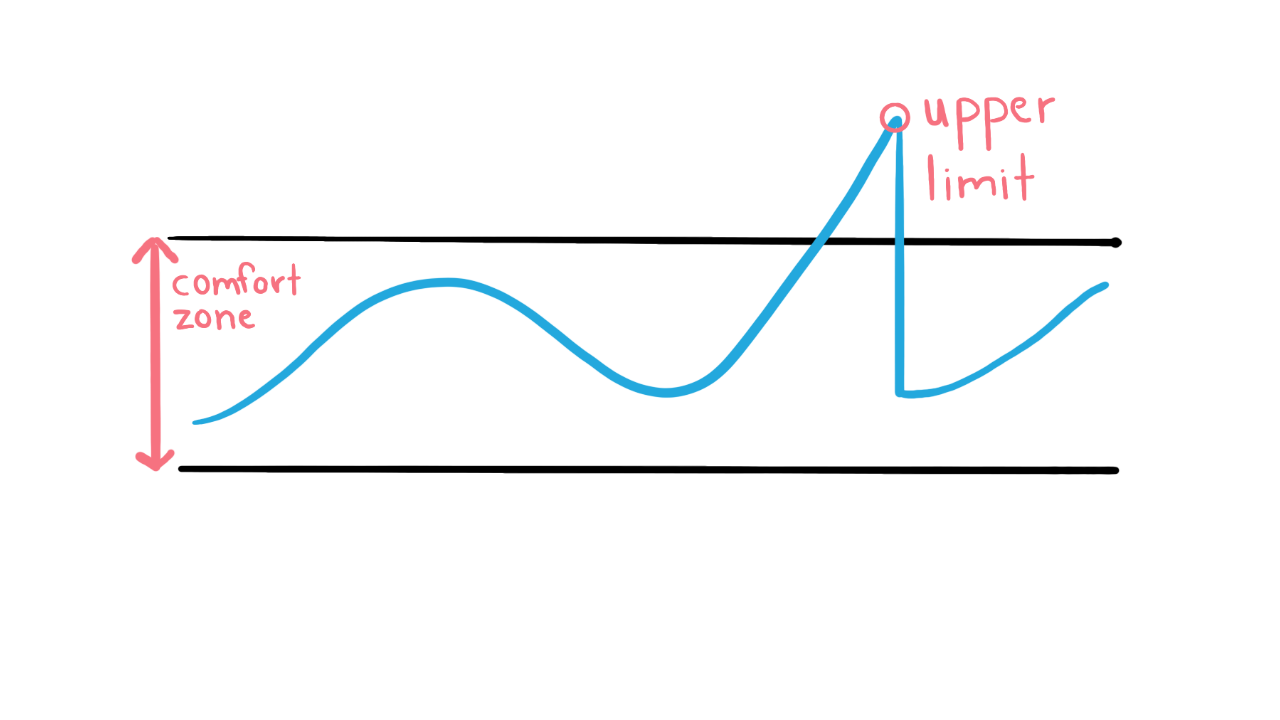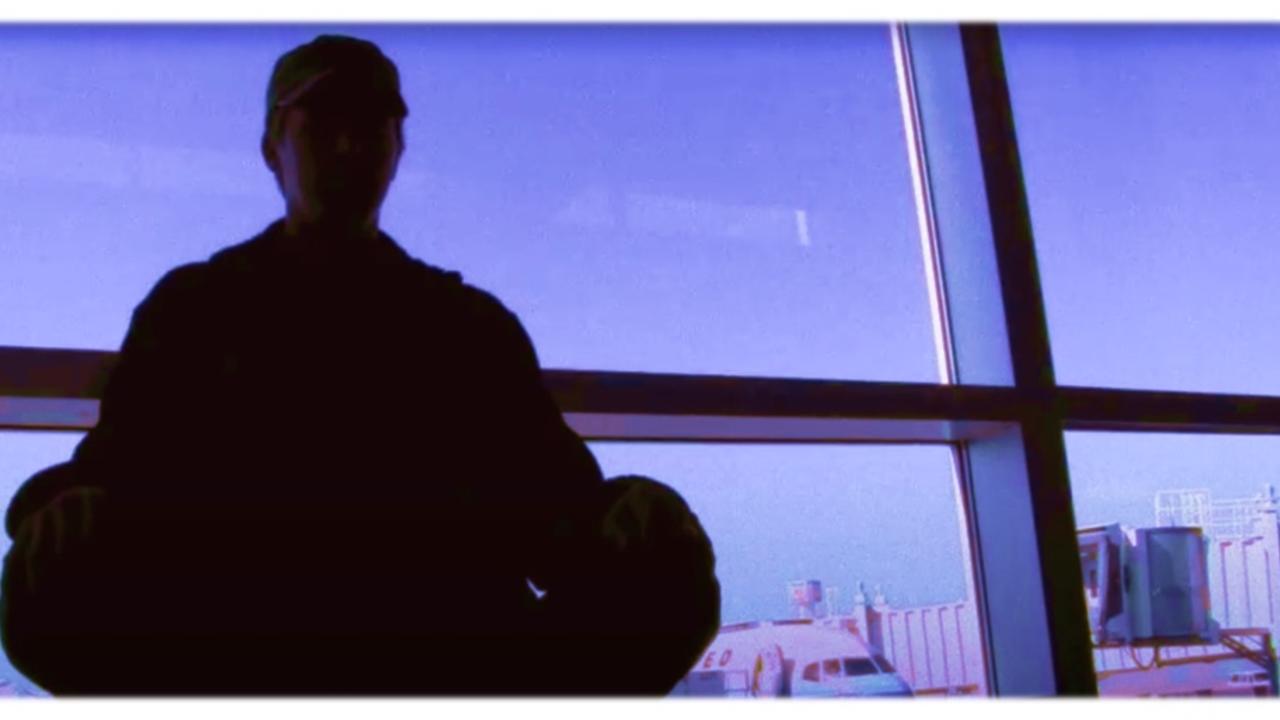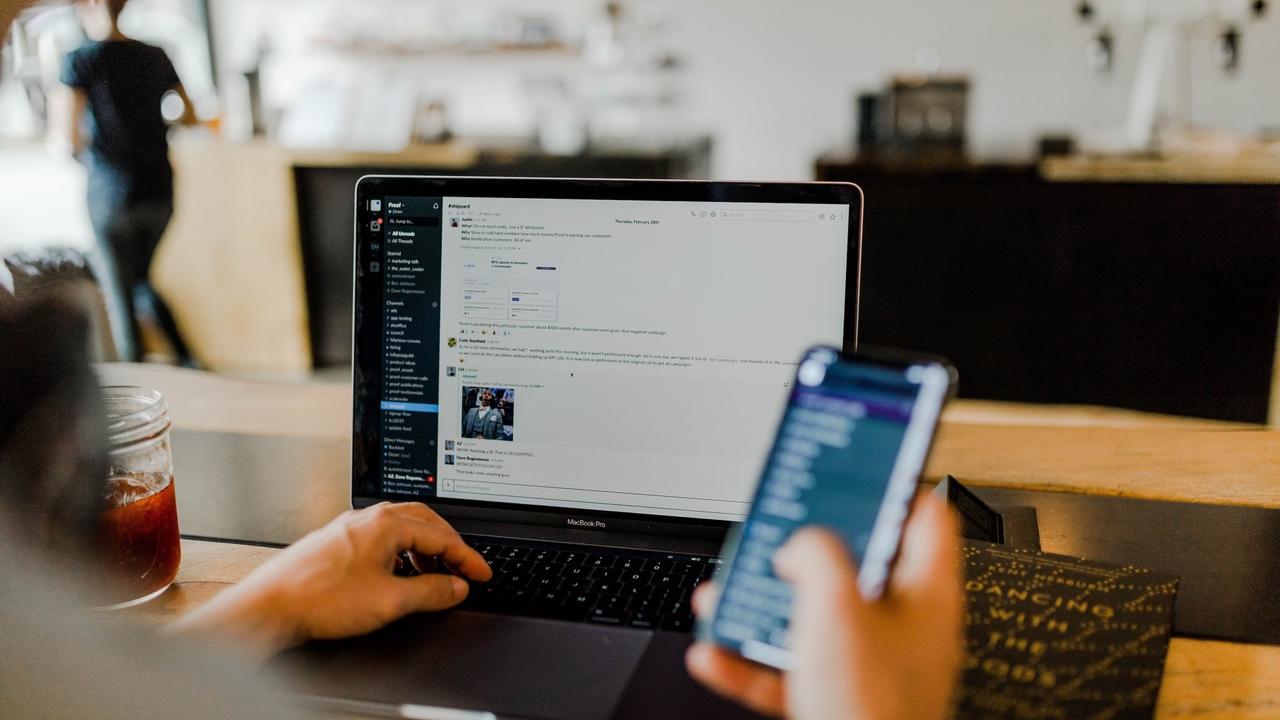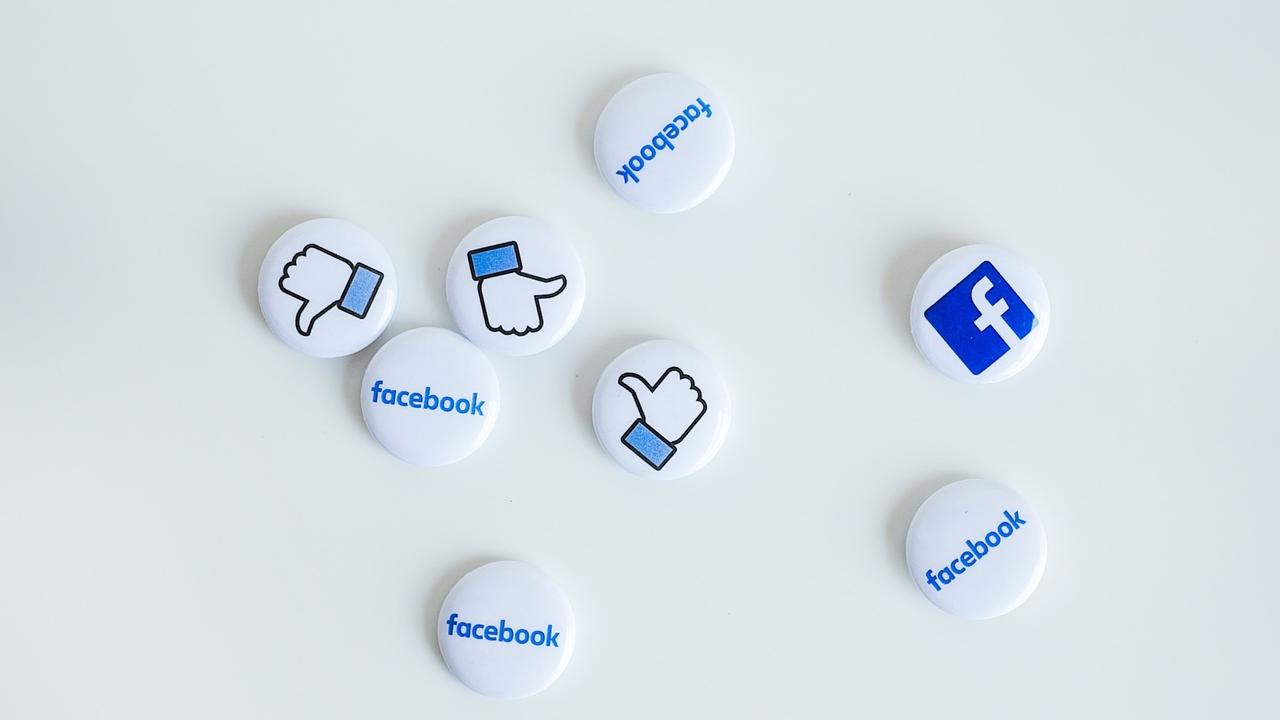You may not see it. You may not be aware of it. You may not even have a name for it.
But chances are, you have experienced the upper limits problem numerous times.
It’s a term coined by psychologist Gay Hendricks in The Big Leap. The upper limits problem is a paradoxical pattern: when we start to feel good inside, we unconsciously sabotage ourselves so we can go back to feeling bad again.
Upper limits can be difficult to see in action because they run counter to our ordinary logic about life. We think that feeling bad – pain, tension, anxiety, and conflict – is uncomfortable. We think that ...
Originally Published in Inc. Magazine.
Do you ever have trouble keeping track of all the things racing through your mind? Do you ever feel like your life would fall apart without to-do lists, calendars, and constant reminders?
Most of us believe the subtle shifts in memory we experience are the result of aging. The older we get, we think, the harder we have to work to encode new memories.
Researchers at the Stanford Memory Lab, however, found that aging isn't the only factor that diminishes what psychologists call "working memory": our ability to process and store information. An
...Originally Published in Inc. Magazine.
In spite of all the studies showing the amazing benefits of meditation, most people fail to turn this practice into a habit for one simple reason. I call it the myth of "monk-style meditation."
It's the myth that, if you want to become a "real meditator," you need to seal yourself off from the world for long periods. This myth tells you that you can't just meditate for five or ten minutes a day. You have to do it for at least 30 minutes or an hour each day.
This myth arises from the early neuroscience research on meditation highlighting the
...Originally published in Inc. Magazine.
Like most successful entrepreneurs, working at a high level of intensity came naturally to Brad Feld, co-founder of Techstars and the Foundry Group. But over the last 30 years, he noticed a damaging pattern shared by many entrepreneurs: His words didn't match his actions.
He said he wanted to invest more in his personal relationships. He said he wanted to invest in his mental fitness. He said he wanted to work on himself. And yet work at the office always seemed to come first. Somehow, he was committed to never getting enough sleep, not taking eno
...Originally published in Inc. Magazine.
You just got off the phone with one of your most important clients. The game-changing deal you were trying to close is off. They're not interested.
You've just pitched 10 potential investors. They all say they're "interested" but it's been two weeks. You refresh your inbox hourly, and yet still no word.
How do you react in these situations?
If you're like most people, your mind floods with negativity. "Maybe our product sucks," "Why can't I just get a break?" or "Maybe there's something wrong with me."
Neuroscientists have a name for
...Originally published in Inc. Magazine.
It's 2 a.m. I'm wide awake. Thoughts about the vendor I need to reply to, the email I forgot to write, and my overflowing inbox spin through my head, pinging me awake like mental smartphone notifications. Finally, I've had enough. I get out of bed and pull out my computer.
I open my inbox: "121 unread messages."
I spend the next two hours flying through my inbox. It's a blur of calendar invites, Slack messages, emails, and Asana tasks. Two hours later, at 4 a.m., I experience a rush more intoxicating than any drug: a rare moment of "inbox ...
Originally published in Inc. Magazine.
Have you ever wondered why, after spending hours on email, you feel tense and tight? Why you feel more anxious than before? Or why, even when do you stop, your mind keeps spinning?
This is the state that psychologist Linda Stone calls "email apnea." It's characterized by "shallow breathing or breath holding while doing email, or while working or playing in front of a screen."
Email apnea occurs for a variety of reasons. First, our posture slumps the moment we pick up our phone or computer, which compromises our ability to inhale and exhal
...Originally published in Inc. Magazine.
The modern office meeting is broken. We've known this for decades, which is why people say things like "death by meeting," "analysis paralysis," or Apple CEO Tim Cook's truism, "the longer the meeting, the less is accomplished."
And yet, in many organizations, meetings continue to drain energy, creativity, and time. In my own experience, it's become clear to me that the ordinary mindset in most meetings is best described as "not fully there" or, in the words of psychologist Linda Stone, a state of "continuous partial attention."
Just take a l
...Let’s face it, email sucks.
Each day, I open my inbox to find hundreds of messages waiting for me. Even though I’m a religious unsubscriber, 30% are marketing emails that go straight to the trash. The rest are messages from co-workers, friends, and family members with thinly veiled requests for how I should be spending my time: “Can you send me that file?” “Hey, we really need to think about this new partnership?” “Can you make a reservation for dinner?”
Each time I open my inbox, I'm confronted by this truth: "the inbox," as Brendon Burchardputs it, "is nothing but a convenient organizing...
I have a confession to make. I struggle almost every day to stay resilient in the face of stress.
I realize the irony in admitting this. After all, I work in the industry of self-improvement and resilience – an industry where most “experts” purport to live a perfect life, where happiness and success arise almost effortlessly.
I wish I could make a similar claim. But even after over a decade of intensive mindfulness training, on some level, my experience of reality still feels utterly normal. My mind is more open than it was before. But my life still includes daily moments of overwhelm, ...
Following the 2016 Election, I stopped using social media for two reasons:
- The fact that a foreign entity manipulated American public opinion and undermined the legitimacy of the democratic process using these tools
- The fact that numerous studies have linked time spent on social media with higher rates of anxiety, depression, and even suicide.
In recent months, however, I came to the realization that the modern professional often has to engage in these spaces. These tools, after all, help us network, learn about new ideas, and have a broader conversation with others who share our inter...
The people I know who seem to have it all still lack one thing. Time.
In just about every conversation I have these days, I hear people complaining about the scarcity of time. “I’m crazy busy,” “I’m grinding,” “I’m back-to-back all day,” “I’m slammed,” they say.
My life is no different. I often feel that I’m trying to cram 2 days worth of activities and events into a single 24-hour period – trying to make space for work, creative thinking, exercise, mindfulness, family time, basic life overhead, and something approximating a full night’s sleep.
Like just about everyone I talk with, my numb...












